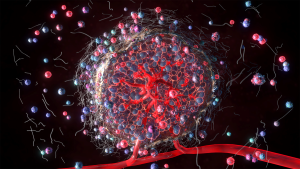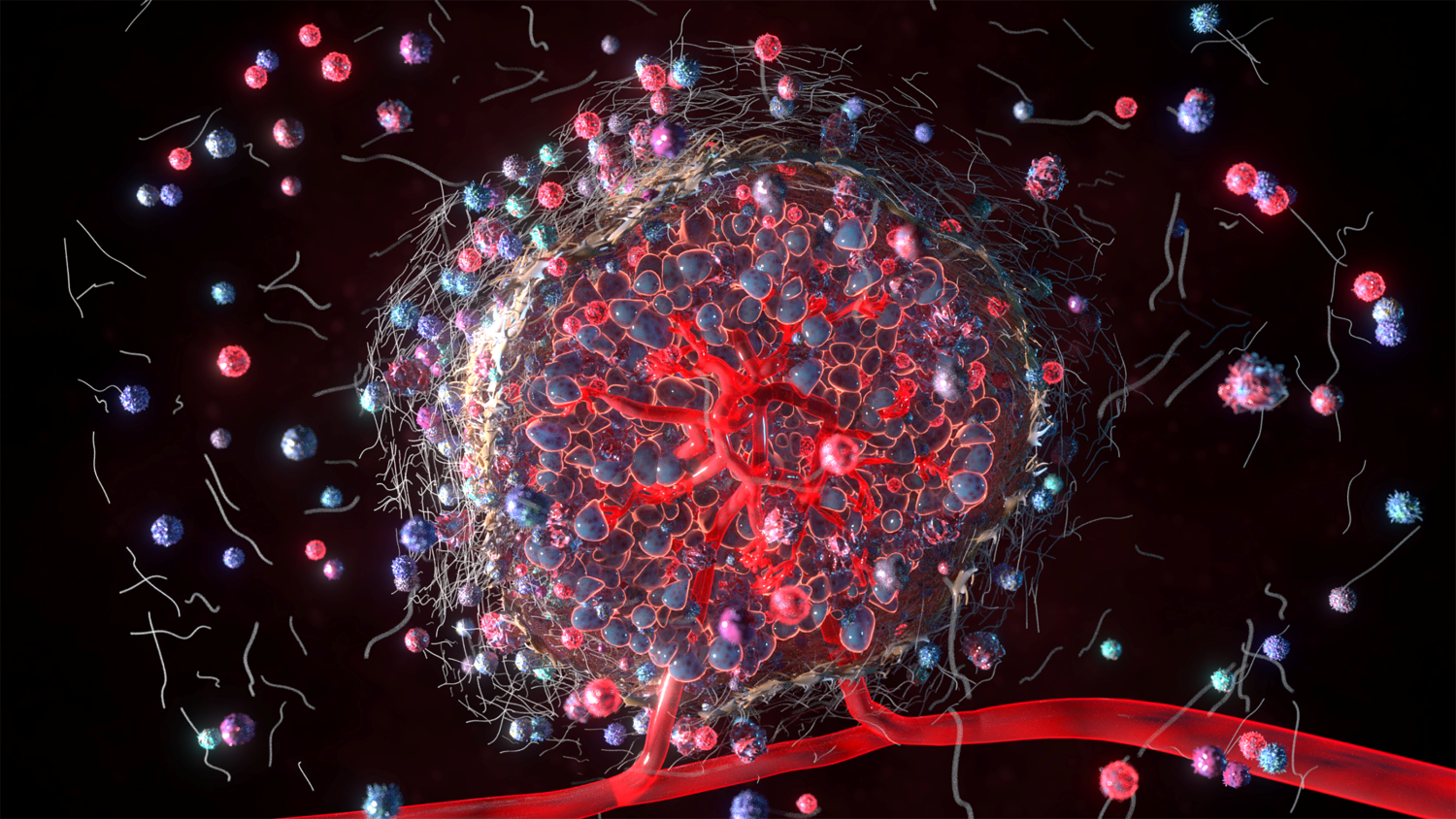The project at a glance
-
Start date:04 Jan 2022
-
Duration in months:72
-
Funding:FNR – Luxembourg
-
Principal Investigator(s):Iris BEHRMANNStephanie KREISElisabeth LETELLIERSimone Niclou (external)Barbara Klink (external)Johannes Meiser (external)
Organisation and Partners
- Department of Health, Medicine and Life Sciences
- Doctoral School in Science and Engineering (DSSE)
- Faculty of Science, Technology and Medicine (FSTM)
- Signal Transduction Group
- Systems Biology
- Luxembourg Institute of Health
Project team
-
Iris BEHRMANN
-
Stephanie KREIS
-
Elisabeth LETELLIER
-
Simone Niclou
Luxembourg Institute of Health
-
Barbara Klink
Luxembourg Institute of Health
-
Johannes Meiser
–
Keywords
- tumour microenvironment
- tumour ecosystem
- cancer models
- 3D organoids
- organ-on-a-chip
- cancer metabolism
- immunotherapy

